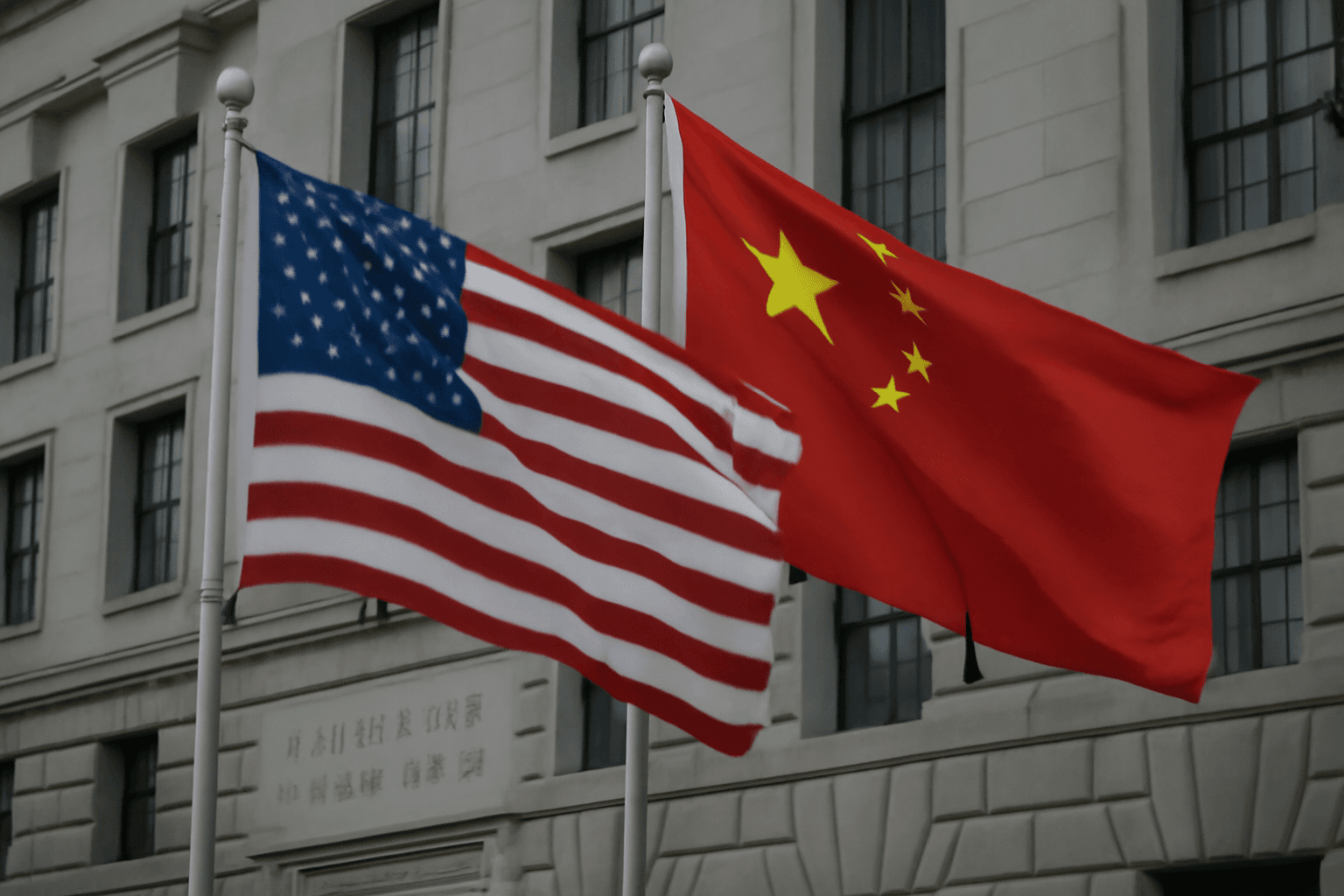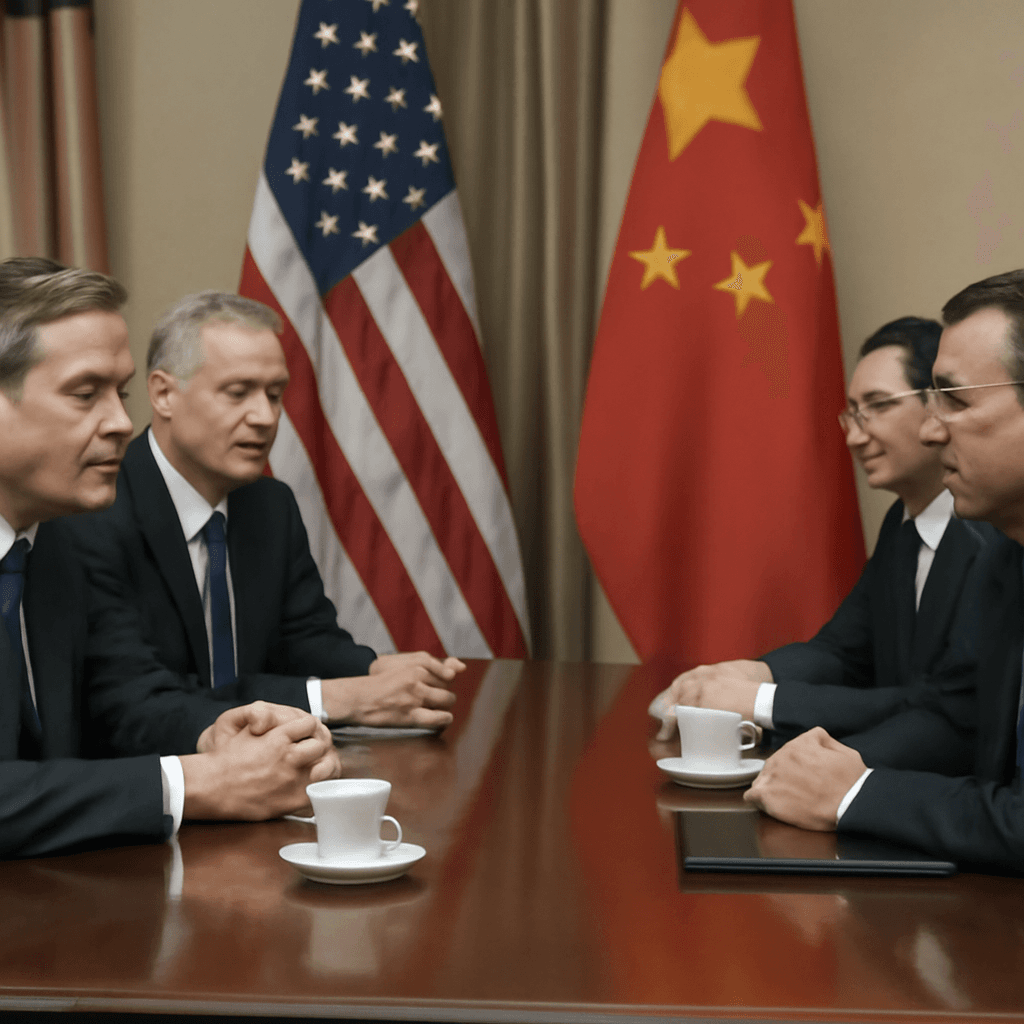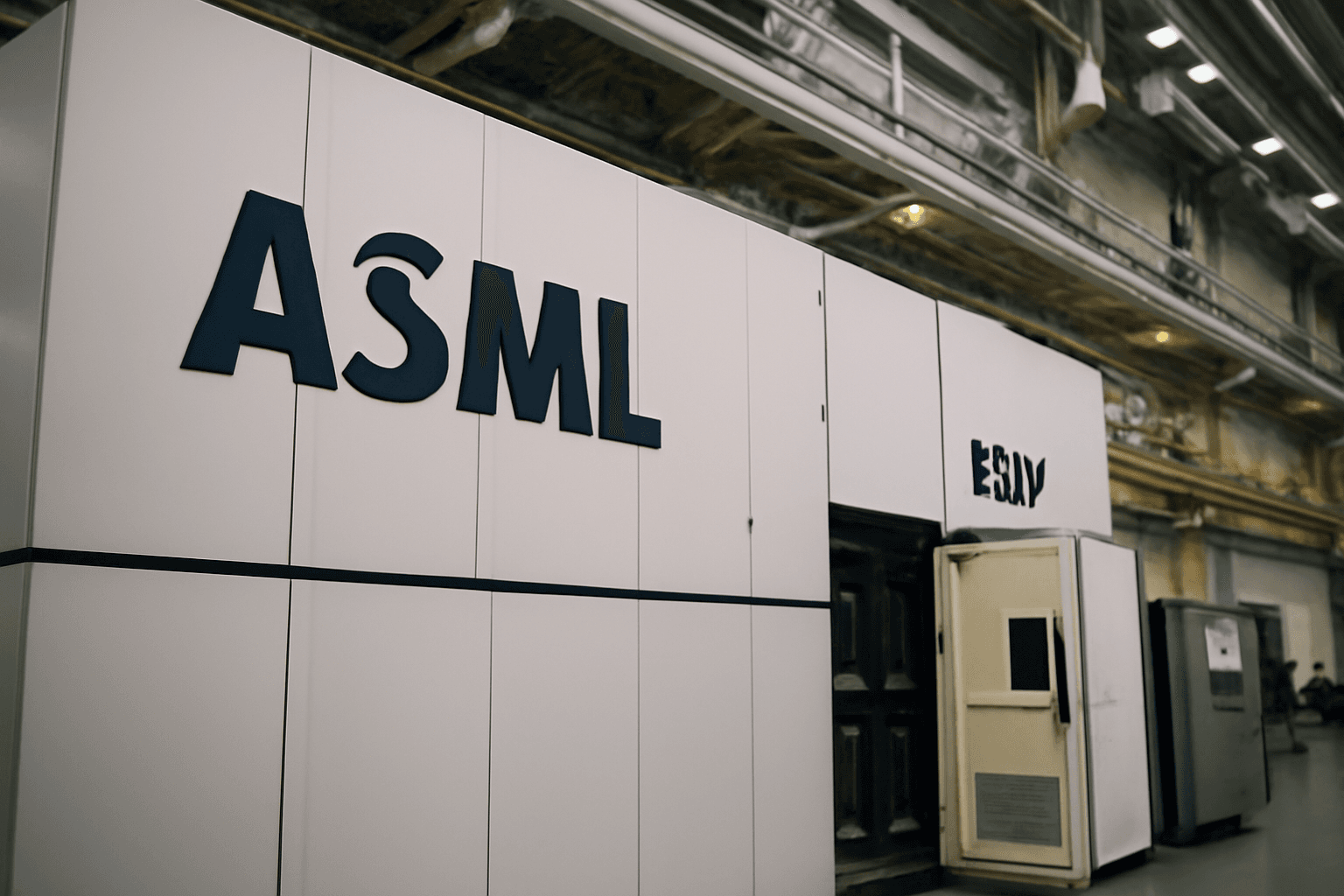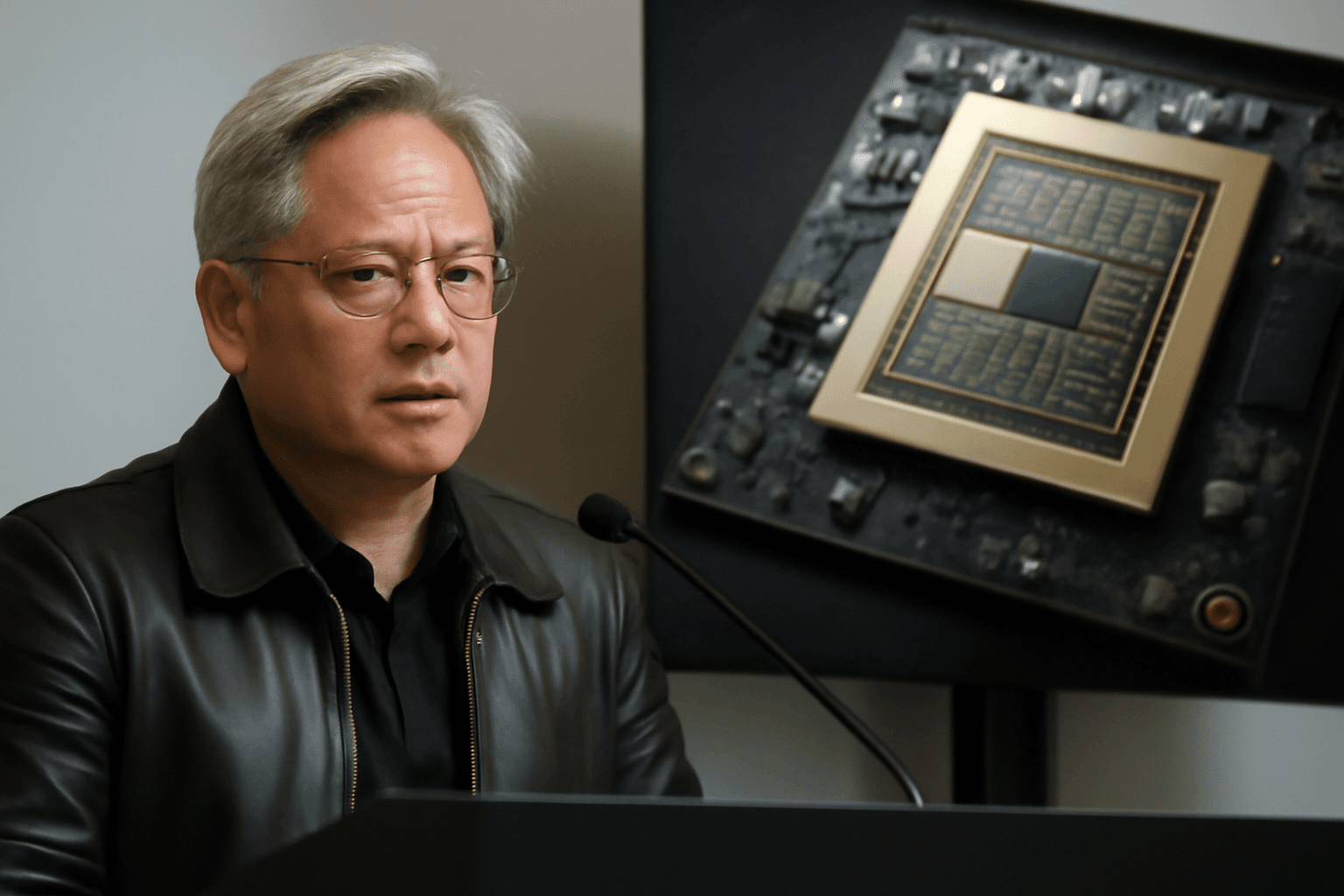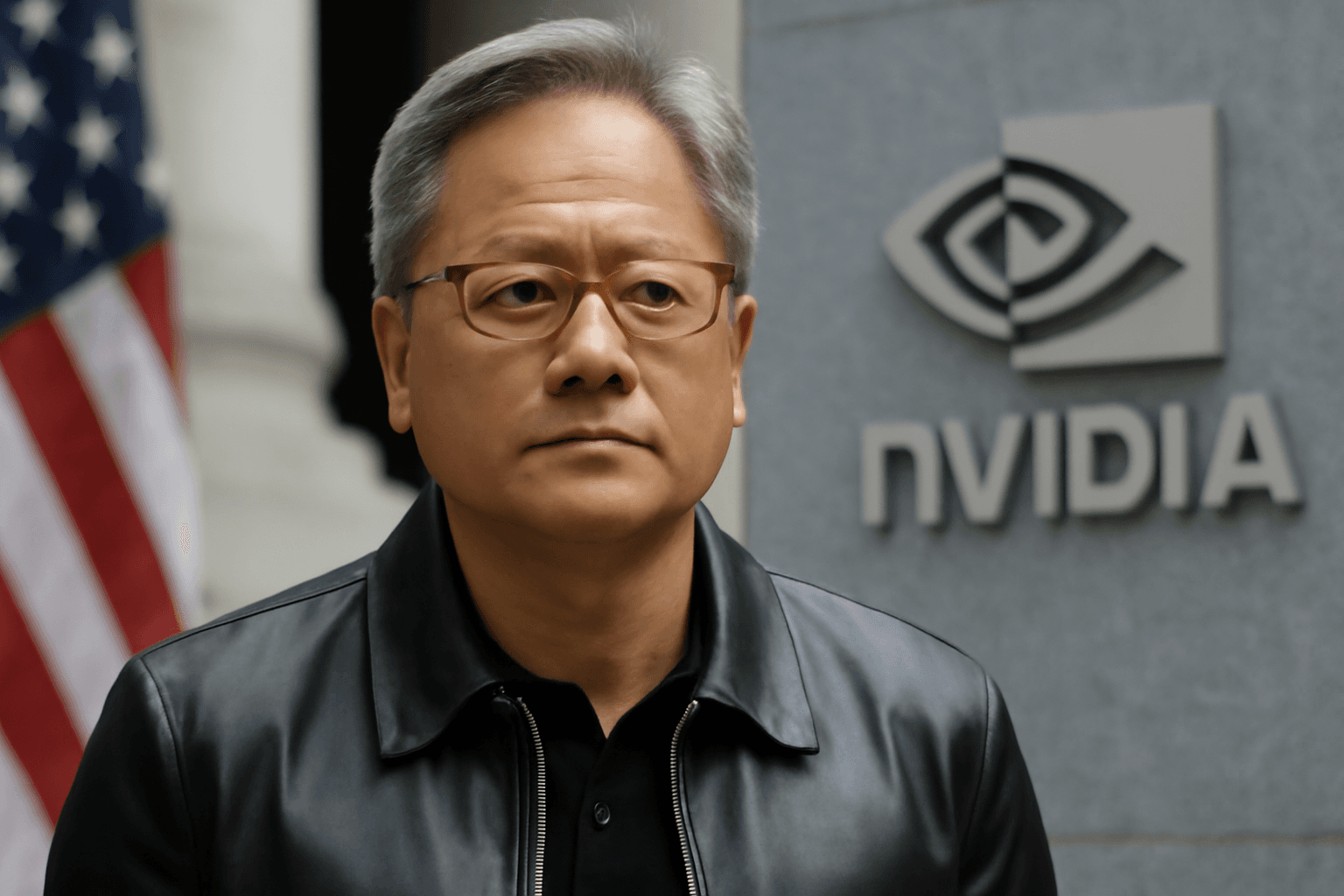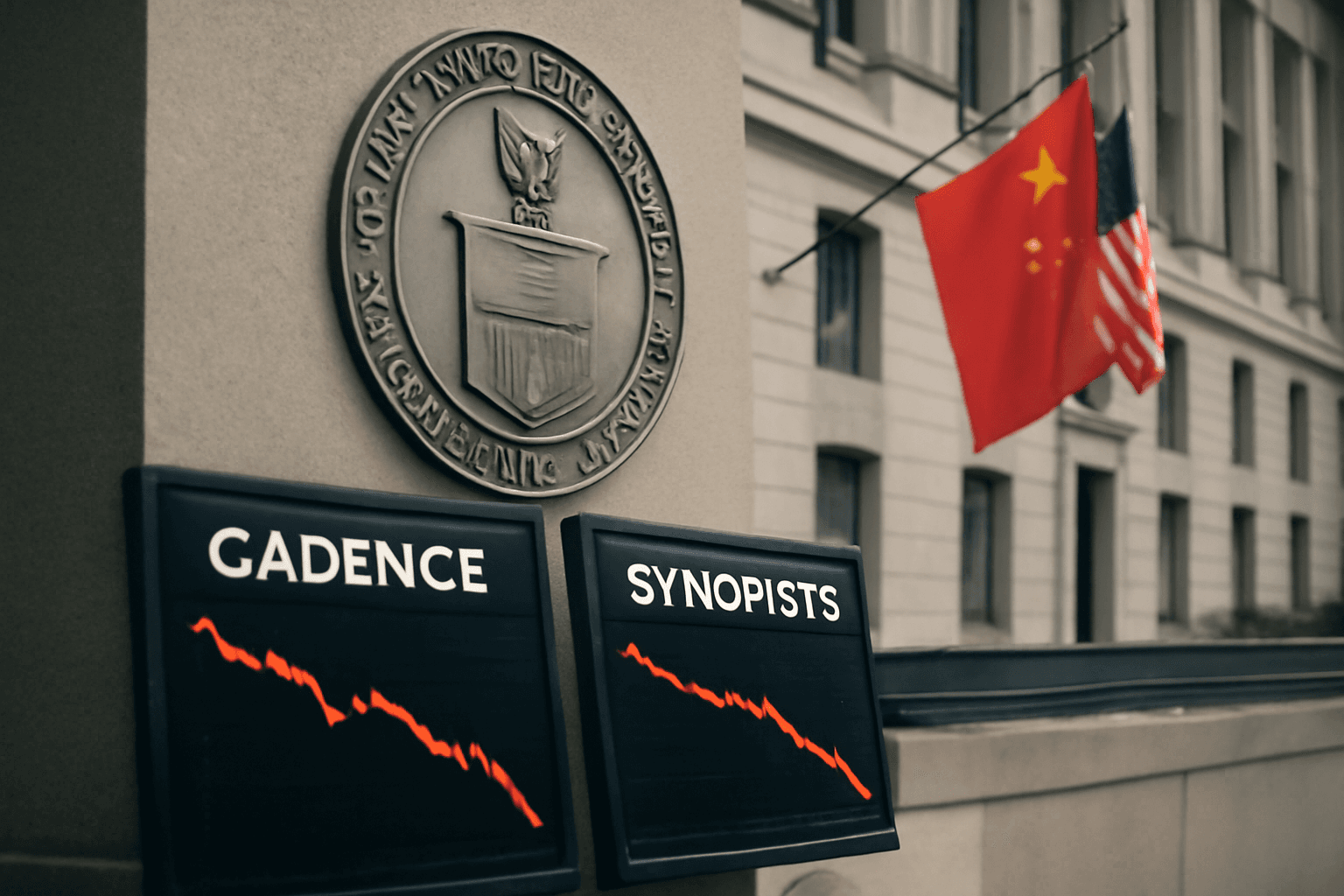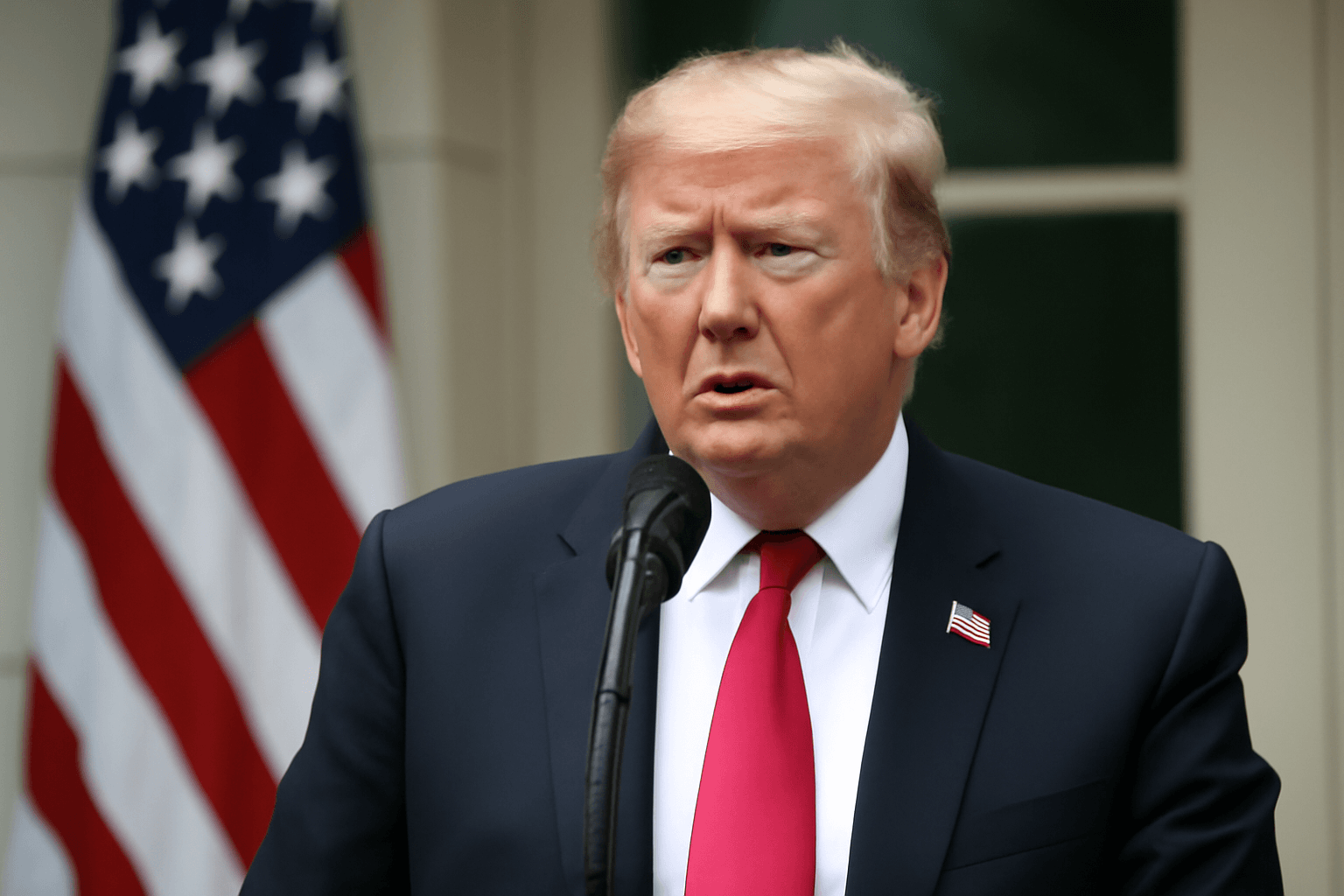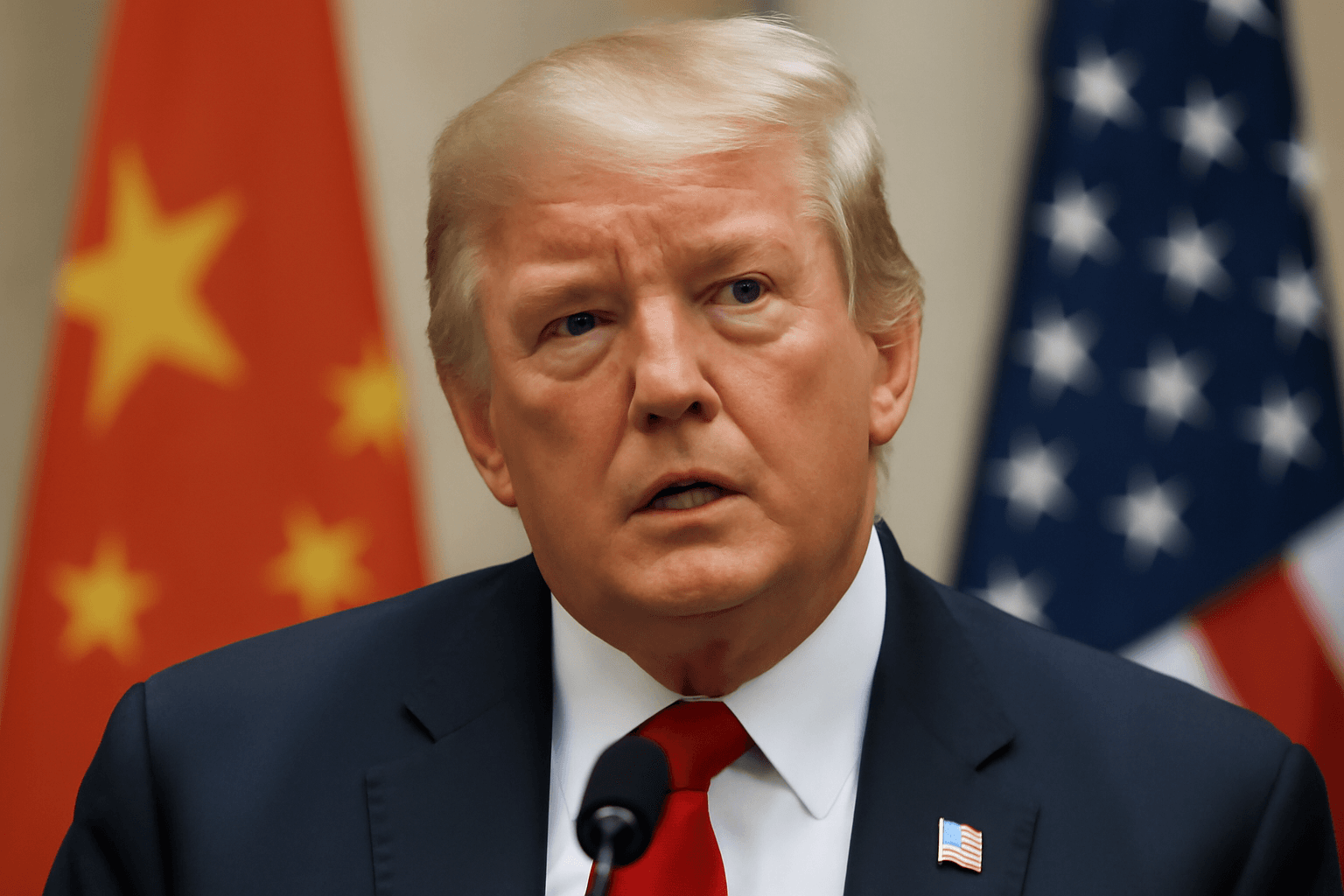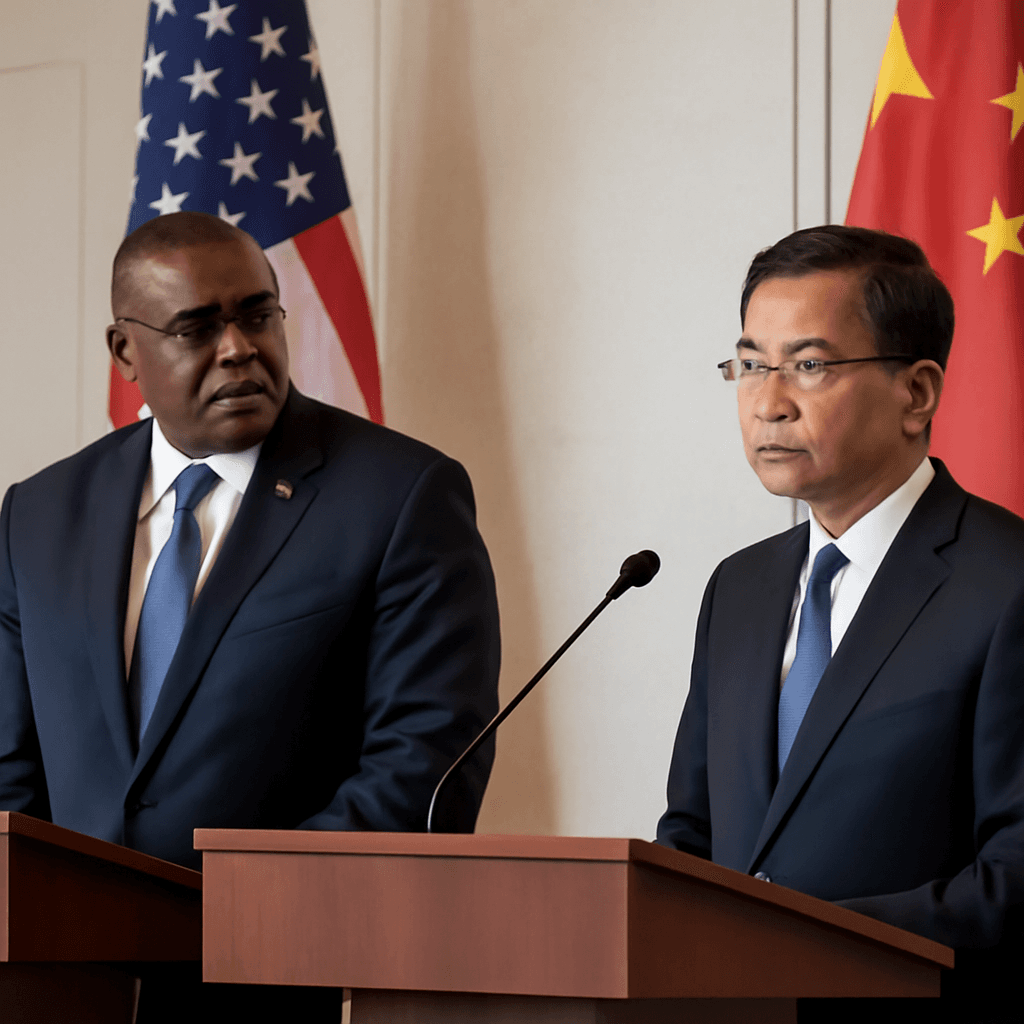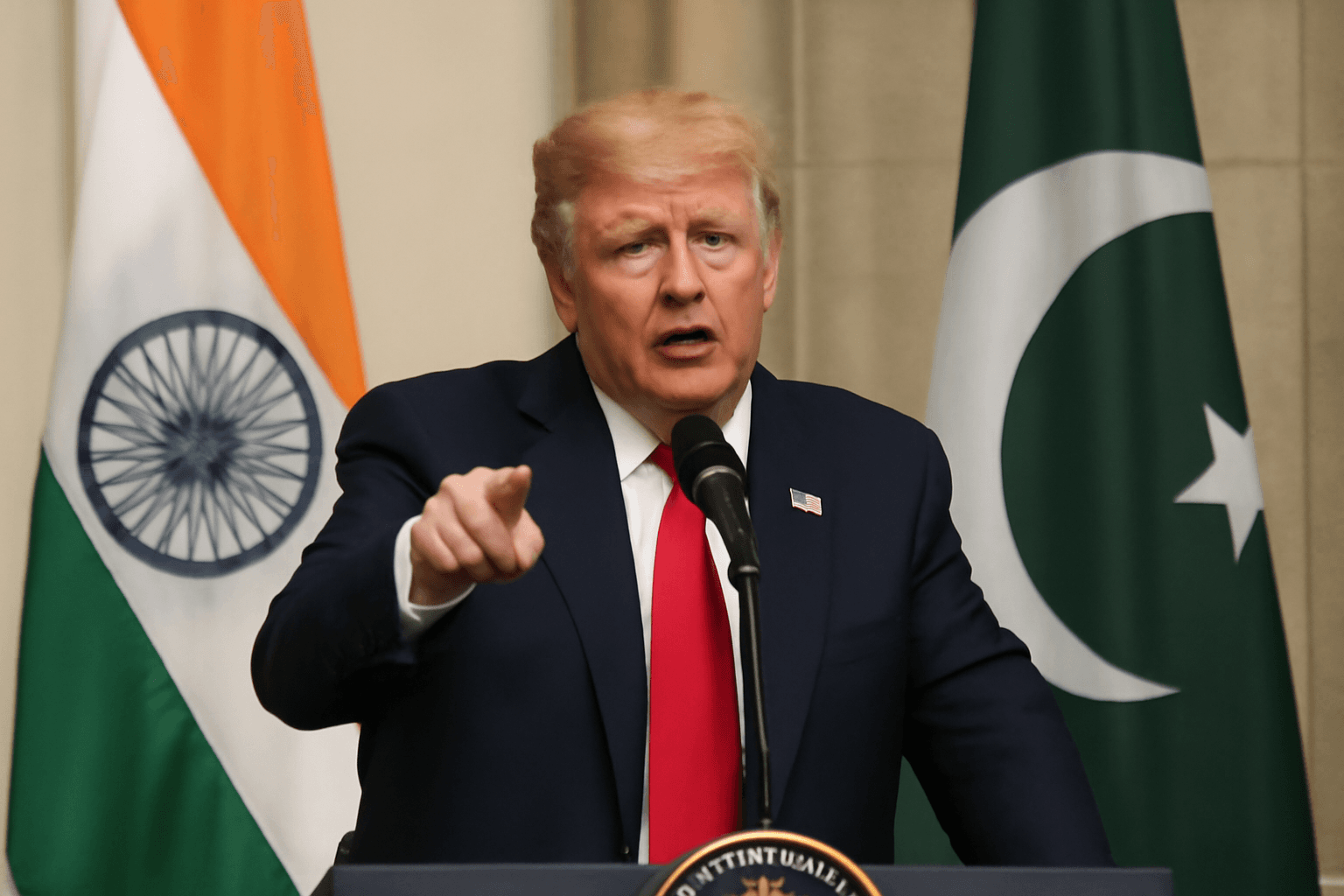Washington, May 29, 2025: The US government has instructed domestic semiconductor design software companies to cease supplying their technology to Chinese entities, according to a report by the Financial Times.
The directive primarily affects companies specializing in Electronic Design Automation (EDA) software, which is critical in semiconductor development. Notable firms impacted include Cadence, Synopsys, and Siemens EDA.
The US Department of Commerce, through its Bureau of Industry and Security, issued this order, aiming to restrict China’s access to advanced chip design capabilities amid escalating geopolitical tensions and concerns over national security.
This measure furthers ongoing efforts by the US to limit China's technological advancements in semiconductor manufacturing and design, an industry central to modern electronics and defense applications.
The restrictions are expected to significantly impact supply chains and partnerships in the semiconductor sector, as these EDA firms have been integral to global chip design processes.
More updates will follow as the situation develops.

